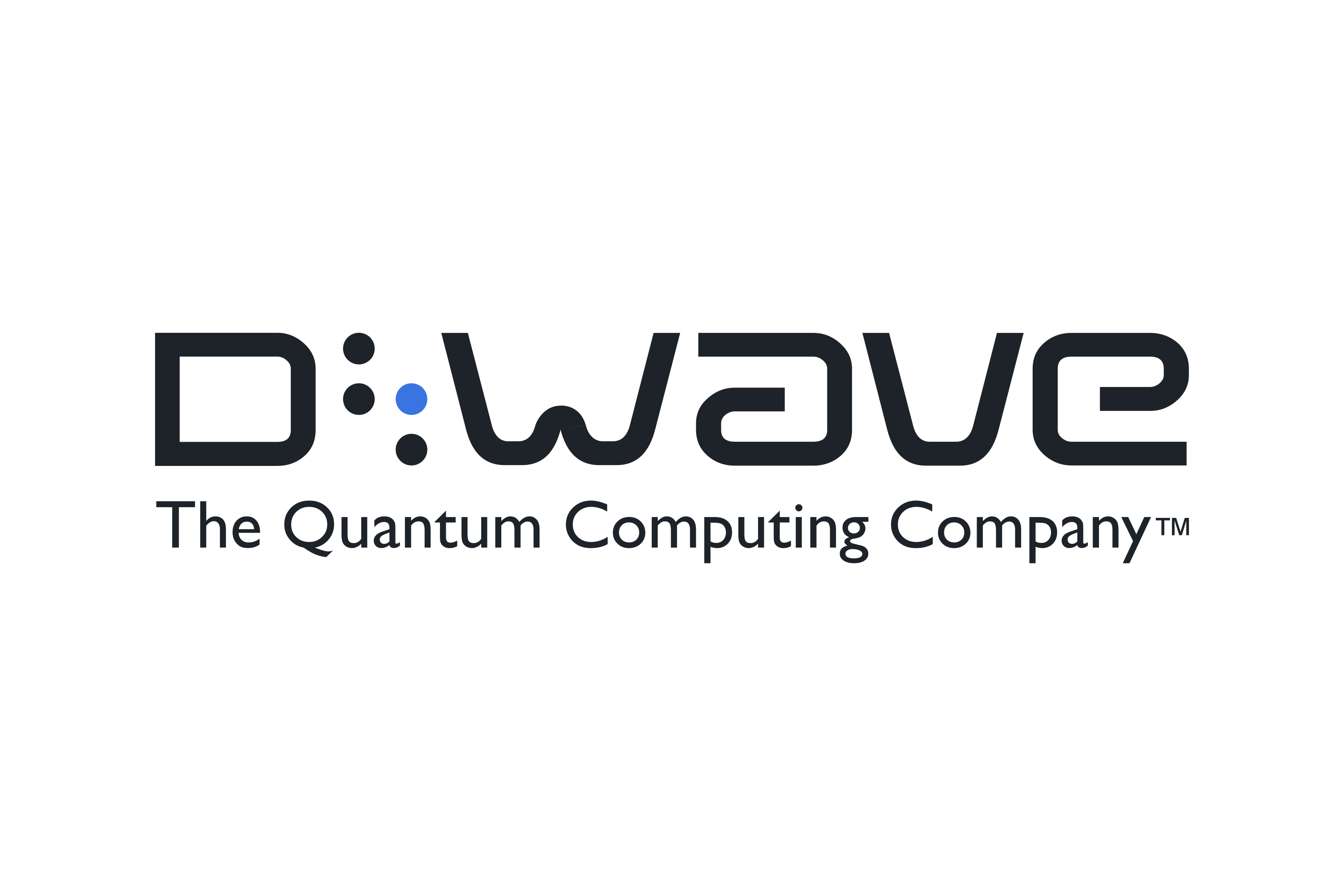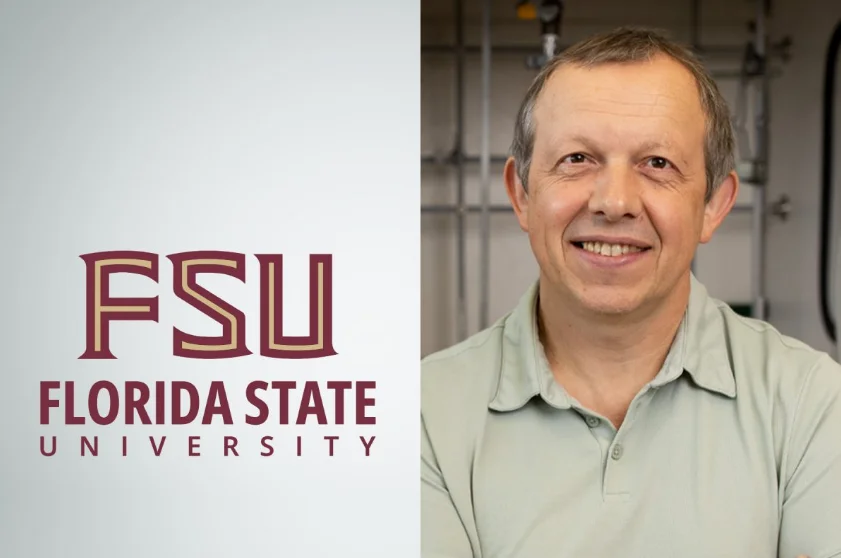Quantum Computing pioneer D-Wave Quantum spent its first day as a publicly traded company by enjoying a 24% jump before closing at $10 per share, for a 15% gain.
Alan Baratz, CEO, D-Wave Quantum, considered the listing on the New York Stock Exchange not just a significant and historic milestone for the company, but also a critical step toward its future.
“From its inception more than 20 years ago, D-Wave has focused on delivering quantum computing products and services that provide the fastest path to practical, real-world applications with customer value,” said Baratz. “Today marks a significant milestone in our journey, as we embark on our next phase as a publicly-traded company. Through this Business Combination, we are well-positioned to accelerate our growth strategy, using capital raised through the Business Combination along with our new access to the public markets to advance the production of our quantum computing solutions and continue to unlock the power of quantum computing to benefit business and society. The era of commercial quantum computing is here.”
Lincoln Park Capital Deal

That good news came in spite of some gloomy details about the redemption rate of its special purpose acquisition company — or SPAC. Originally, the deal was pegged at $1.35 billion and would lead to a company valuation of about $1.6 billion. However, SPAC investors have a way to back out of a deal. Because investors are not sure what company a SPAC will eventually acquire, they can redeem their shares at the I.P.O. price before a merger is official. While D-Wave set a target raise of ~$340 million, the redemptions meant that the company would end up raising only about $50 million, not accounting for costs, from the SPAC.
The redemption rate may not be an indictment on D-Wave, itself, but part of a growing trend of scrutiny on SPAC deals. SPAC redemption rates have soared lately. In the Q1 of 2022, the rate was set at about 90%.
However, according to Security and Exchange Committee (SEC), the company entered into an agreement with Lincoln Park Capital Fund to purchase options for up to $150 million of D-Wave Quantum common shares at irregular intervals over the next three years. Lincoln Park Capital is a Chicago-based investment group and asset management company. The value of the purchases will be up to $250,000, but could be increased to up to $1 million.
D-Wave has the right to direct Lincoln Park to make accelerated purchases on each purchase date, according to the agreement.
According to the paperwork, DPCM Capital — the SPAC company initiating the merger — was able not just to secure the purchase agreement, but lowered its transaction expenses for its proposed merger with D-Wave. It also waived the agreement’s closing cash condition.
DPCM’s funding includes $300 million from its current trust and a $40 million PIPE at an undisclosed price, according to filings. Original investors include Canadian pension manager Goldman Sachs, PSP Investments, NEC Corporation and Aegis Group Partners.
The Case for Investors
D-Wave makes an interesting case for investors looking for a position in the quantum computing space. According to TQI’s Intelligence Platform, D-Wave is unique in offering two quantum computing modalities — annealing and gate-model systems. The company reports its end-to-end quantum solutions include hardware, software, real-time quantum cloud service, developer tools and powerful quantum hybrid solvers.
Through their investments, D-Wave backers are offered a stake in a pioneer — if not THE pioneer — in the quantum computing industry. Formed in 1999, this 20-year-plus history means that the company has built an impressive network of clients, customers and partners among academia and industry’s leading companies and organizations. Customers — past and present — include NEC Corporation, Volkswagen, DENSO, Lockheed Martin, Forschungszentrum Jülich, University of Southern California and Los Alamos National Laboratory.
Along with an impressive list of clients, the company has amassed about 200 patents in quantum, along with other forms of intellectual property.
While no quantum company has attained a “too-big-to-fail” status this early in the game, D-Wave is a stalwart example of Canadian prowess in deep tech entrepreneurship. The Canadian government and business community has shown a commitment to supporting D-Wave. In 2021, the government offered D-Wave a $40 million “contribution.”
D-Wave trades under the ticker symbol “QBTS” on the New York Stock Exchange.
For more market insights, check out our latest quantum computing news here.















